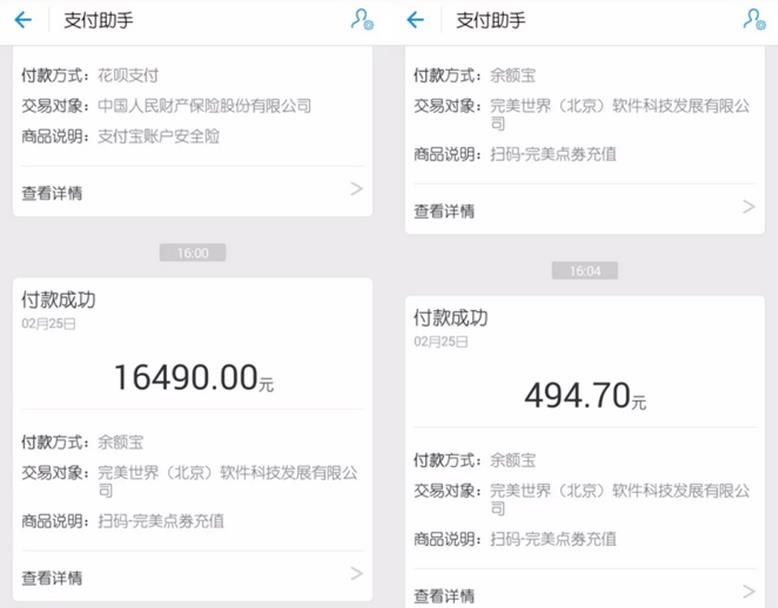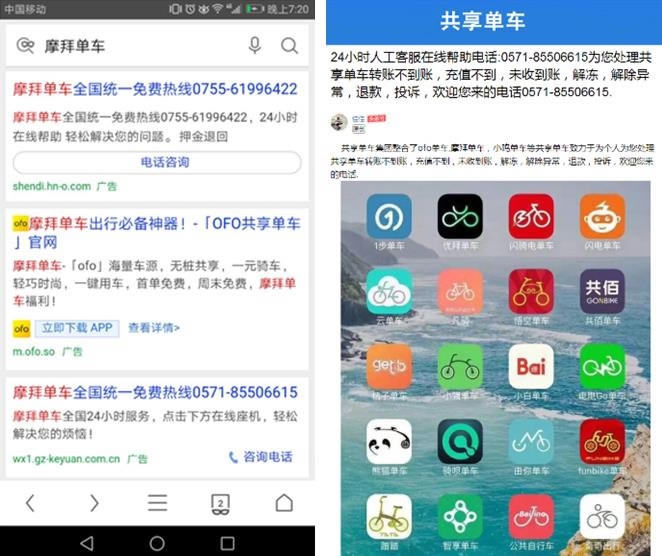
Tech & Sci
22:34, 21-Jun-2017
Whoever you are, the cheats have an online scam for you

New types of online scams were revealed by a Chinese security platform on Tuesday. The scams were designed with specific target group in mind, making them even more dangerous.
The platform Liewang (Hunter's Network), was set up in 2015 by the Beijing Public Security Bureau and online security company Qihoo 360. It encouraged the public to report and provide information about online scams or phishing.
Based on data they collected during the first half of 2017, they found fresh trends in scams on the internet.
Traditional scams can't fool young people, as they are more familiar with how electronic money transfers and the internet work. But don't be too proud of yourself yet. People under 30 years old have become the main victims of the new scams, Liewang said.

An online payment user mistakenly transferred money that worths thousands of US dollars to the wrong account in the "refund trick."/Liewang Screenshot
An online payment user mistakenly transferred money that worths thousands of US dollars to the wrong account in the "refund trick."/Liewang Screenshot
The cheats make use of the trust between smartphone users and mobile payment companies, presenting themselves as customer support, marketing personnel and online service resellers to lure young people to pay for products that do not exist.
They're also very familiar with the latest internet trends, like bike-sharing. Some cheats act as support people from bike-sharing companies, telling users they can get their deposit out without losing the service.

The bike-sharing deposit scam is showed in the Liewang report. /Liewang Screenshot
The bike-sharing deposit scam is showed in the Liewang report. /Liewang Screenshot
If the users are in urgent need of money, they may accidentally hand out their credit card info to online thieves.
The latest scams are even classified as "designed for male/female."
Internet users are advised to verify the identity of the people they talk with online.
And remember, everything comes with a price. A deal that's too good to be true is usually a trap.

SITEMAP
Copyright © 2018 CGTN. Beijing ICP prepared NO.16065310-3
Copyright © 2018 CGTN. Beijing ICP prepared NO.16065310-3